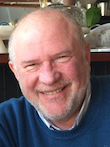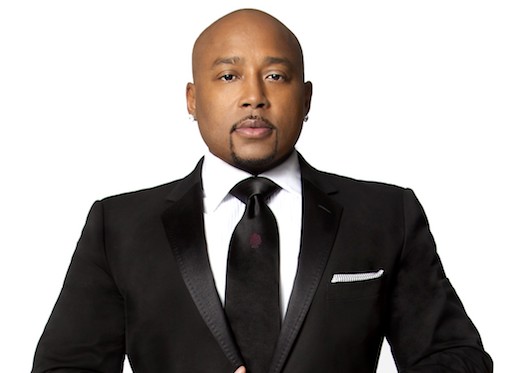Comment from Peter Saxon
This week, respected broadcast magazine, Radio Ink ran an interview with Daymond John, one of the Sharks on the U.S. version of TEN’s popular series the Shark Tank. Having launched the FUBU clothing line in the ‘90s, John has invested in scores of businesses and has keen eye for fixing struggling brands.
He had two pieces of advice for radio.
Be Local
I did notice at one time there was a lot of syndication and you would hear four top hosts all around the country. But when I am driving to and from work, I want to hear what the hell is going on in my neighbourhood. And I see those shows starting to come back and do local, targeted information and content, and I’ve found that valuable. I never knew how much I missed local radio until I didn’t have local radio.
Play new music
From the entertainment standpoint, playlists and things I am hearing are a little too general. I don’t feel like they do anything besides play the top 40.
With the markets I do find are playing something different, I find that fascinating. A Drake or Jay-Z song, after I hear it 100 times, I can either purchase it or have it on my app. I want to hear what is new and going on out there.
I am asking you guys to educate me.
I shouldn’t be out there running around. There are no record stores anymore, so I can’t go in a store thumbing through albums. I want to hear that from radio.
He has a point. After all it’s a common complaint from listeners but one with which most CHR music directors disagree.
As a brand, radio in Australia, like America, is no longer the undisputed leader in music discovery. Of course, none of this is news. Radio has slowly been losing its grip on new music supremacy since at least the launch of MTV in 1981.
Conventional wisdom has it that playing too much new music scatters listeners who, regardless of what they say, would rather hear more familiar tunes.
In reality though, most FM Breakfast and Drive shows are heavily slanted towards personality while only daytime and night shifts are music-intensive. Even that convention is being eroded with the Hit Network’s new double header Drive Show that starts next year with Carrie Bickmore and Tommy Little from 3.00pm – 4:30pm followed by Hughesy and Kate from 4:30 – 6:30pm, encroaching half an hour further into the traditional evening music shift.
But there is another way of introducing new music and that’s by really selling it like John Laws used to do – still does.
He proved that introducing new songs doesn’t necessarily mean playing a lot of them.
 In his heyday Lawsie, the greatest talk presenter of them all would choose one or maybe two songs, usually with a country feel, that he’d found and play them in “high rotation” which meant a couple of times in his was three hour talk show. There was virtually no other music on his show except for his picks. And, of course, he was not averse to pushing his own poetry and songs going out of his way to ensure there was no payola involved.
In his heyday Lawsie, the greatest talk presenter of them all would choose one or maybe two songs, usually with a country feel, that he’d found and play them in “high rotation” which meant a couple of times in his was three hour talk show. There was virtually no other music on his show except for his picks. And, of course, he was not averse to pushing his own poetry and songs going out of his way to ensure there was no payola involved.
He might play those one or two songs for a week or two and then move on to something else.
It was effective because Laws would “sell” the song and employ announcing rule 101 by telling his listeners what he was about to do, in this case play a new song, do it and then tell them what he had done.
One of his favourites around 1992 was Boz Scaggs – Fly Like a Bird.
To further illustrate the point, 20 years earlier in1972 the late, great John Pearce on 2GB suggested that he could make any song a hit, no matter how bad, with enough airplay.
His choice was Redback on the Toilet Seat by Slim Newton. The song went on to peak at No. 3 on the Go-Set National Top 40.
The debate still fires up today: If Pearce hadn’t have flogged the song the way he did, would it have been discovered at all, let alone become a raging hit?

Peter Saxon

